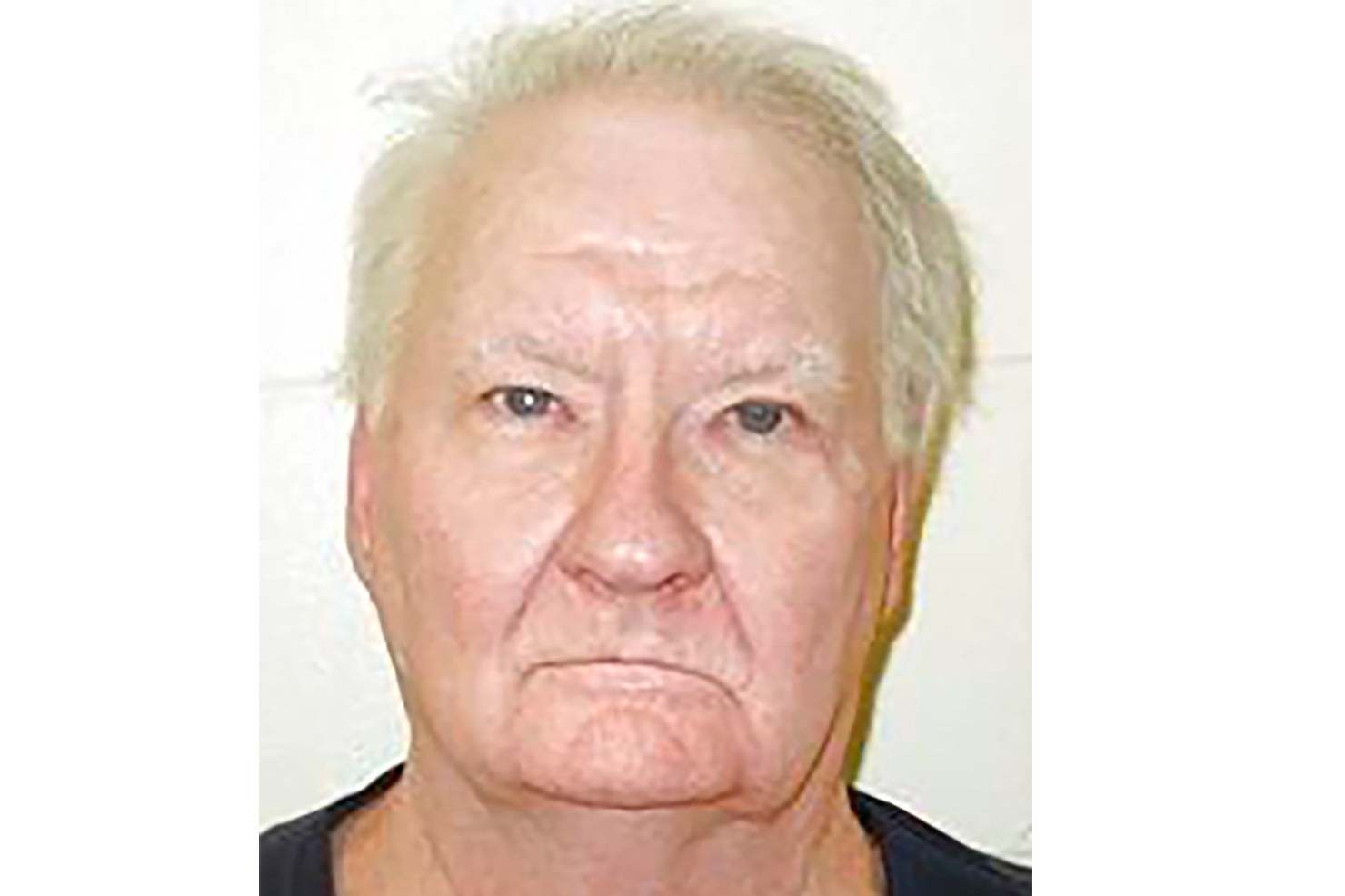Benjamin Schreiber: Jailed murderer says he should be released because he 'died already'
‘Schreiber is either still alive, in which case he must remain in prison, or he is actually dead, in which case this appeal is moot’, say judges

What does it mean to complete a sentence of life in prison? One prisoner claims he has done it by serving time until the moment of his death — plus another four years since — and said it is well past time to set him free.
The prisoner, Benjamin Schreiber, made that argument to an appeals court in Iowa, saying that when he briefly died in 2015, before being revived at a hospital, he completed his obligation to the state. He asked the three-judge panel to let him get on with his life.
The judges rejected his argument this week, ruling that a lower court had been right to dismiss his petition.
“Schreiber is either still alive, in which case he must remain in prison, or he is actually dead, in which case this appeal is moot,” judge Amanda Potterfield said.
Schreiber, 66, was sentenced to life without parole after being convicted of murder for killing a man with the handle of an ax in 1996, according to The Des Moines Register.
He has filed several unsuccessful appeals, but in 2018 he argued in court in Wapello County that he had been resuscitated against his will, and that because he had, his “sentence has expired”.
In March 2015, Schreiber, who is being held at the Iowa State Penitentiary, was taken to a hospital after having seizures and a high fever, according to his petition.
The cause of his illness turned out to be large kidney stones, which led to septic poisoning.
When he lost consciousness at the University of Iowa Hospitals & Clinics, a staff member called his brother, who told the hospital that although it could give Schreiber medicine to ease his pain, “otherwise you are to let him pass”, according to Schreiber’s petition.
Schreiber said he was resuscitated despite his brother’s directions and his own do-not-resuscitate order on file with the Iowa Department of Corrections.
The courts have not addressed whether he was wrongfully resuscitated. Schreiber’s lawyer did not respond to requests for comment Friday, and a hospital spokesman said he did not immediately have a comment.
Ms Potterfield wrote in the ruling this week that because “life” is not defined by the state’s code, the judges had given the term “its plain meaning”, which they took to prescribe that Schreiber must spend the rest of his natural life incarcerated, regardless of whether he had been revived.
“We do not find his argument persuasive,” Ms Potterfield wrote, adding that the judges found it unlikely the legislature would have wanted “to set criminal defendants free whenever medical procedures during their incarceration led to their resuscitation by medical professionals”.
Schreiber’s plea was not without precedent.
Jerry Rosenberg, who was convicted of murdering two New York police detectives in 1962, petitioned a court in upstate New York to let him go in 1988, arguing that he had died when his heart stopped during surgery.
The judge ruled against Rosenberg, too, writing that he did not legally die, “as his presence in this courtroom indicates”, The Associated Press reported at the time.
Eve Brensike Primus, a professor who teaches criminal law at the University of Michigan Law School, said it was unsurprising that the theory had only been tried a handful of times.
“The stars have to align — both the medical condition and the sentence the person is facing — for a person to even make this argument,” she said.
Ms Primus said that if people were considered legally dead before being resuscitated, it would create a web of problems, not just in criminal cases but also for insurance and inheritance claims.
She and Ivan Glenn Cohen, a professor at Harvard Law School who studies medical ethics and the law, said Schreiber’s argument was clever but never stood a chance.
“It equivocates on what life and death means for the purposes of the criminal law,” Mr Cohen said in an email.
He added that Schreiber would still be considered alive for purposes including organ donation, making it “hard to think he should be ‘dead’ for the purpose of serving a life sentence”.
The New York Times
Join our commenting forum
Join thought-provoking conversations, follow other Independent readers and see their replies
Comments
Bookmark popover
Removed from bookmarks